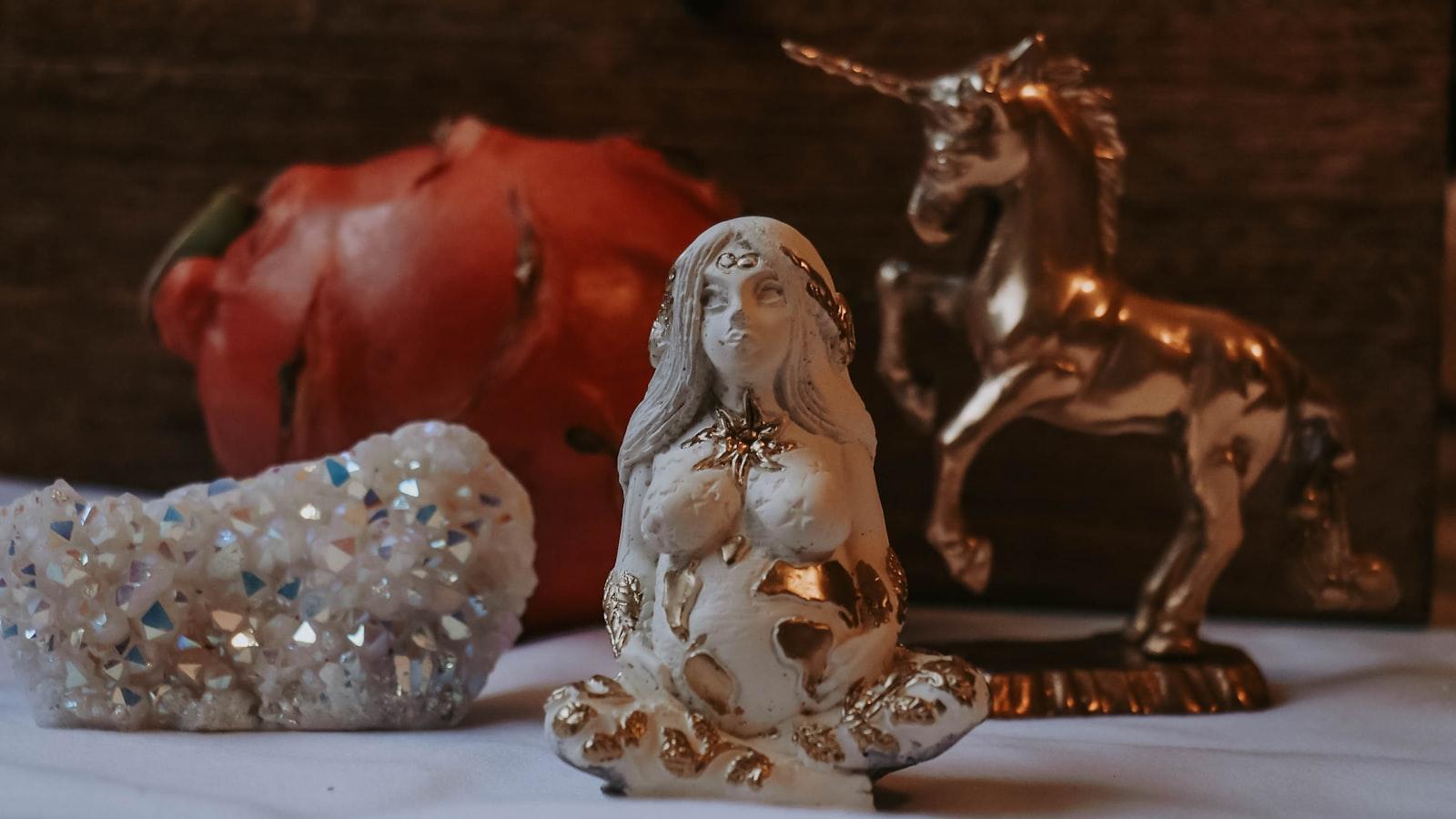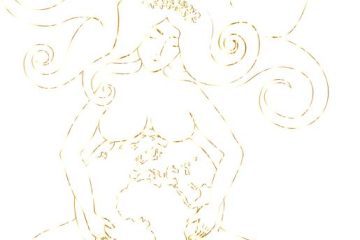Have you ever wondered about the intriguing origins behind the name of the Gaia Hypothesis? Delving into the etymology and symbolism of the term can unveil a fascinating journey into the realm of ecological philosophy and interconnectedness. Join us as we uncover the hidden meanings and profound insights behind the name of this groundbreaking scientific concept.
Table of Contents
- Exploring the Origin of the Gaia Hypothesis Name
- Unveiling the Philosophical Underpinnings of the Gaia Hypothesis
- Interpreting the Symbolic Significance of Gaia in the Hypothesis
- Reflecting on Modern Applications and Implications of the Gaia Hypothesis
- Q&A
- The Way Forward
Exploring the Origin of the Gaia Hypothesis Name
The term “Gaia Hypothesis” might evoke visions of ancient mythology, but its roots delve deep into the realm of scientific thought. The name itself is a nod to the ancient Greek goddess Gaia, representing the Earth as a single living organism. This hypothesis, proposed by scientist James Lovelock in the 1970s, suggests that the Earth functions as a self-regulating system where living organisms interact with their environment to maintain the conditions necessary for life.
Interestingly, the name “Gaia Hypothesis” encapsulates the core concept of interconnectedness between all living beings and the planet they inhabit. It embodies the idea that the Earth is more than just a collection of individual organisms, but rather a unified and intricately balanced system. By recognizing the Earth as a complex and interdependent entity, the Gaia Hypothesis challenges traditional views of the planet and emphasizes the importance of preserving its delicate equilibrium for the well-being of all life forms.
Unveiling the Philosophical Underpinnings of the Gaia Hypothesis
The Gaia Hypothesis, rooted in a blend of scientific inquiry and ecological mysticism, delves into the interconnectedness of all living and non-living entities on Earth. It proposes that the Earth functions as a self-regulating, living organism, maintaining conditions suitable for life to thrive. This intriguing concept challenges traditional scientific views by suggesting that the planet itself possesses a form of consciousness that influences its environment.
At the core of the Gaia Hypothesis lies the idea that the Earth is a single, unified entity where living organisms, geological processes, and the atmosphere interact to sustain life. This holistic perspective encourages us to view Earth not merely as a collection of independent parts, but as a complex system working in harmony. By exploring the philosophical implications of this hypothesis, we gain a deeper appreciation for the interconnectedness and interdependence of everything in nature.

Interpreting the Symbolic Significance of Gaia in the Hypothesis
The symbolic significance of Gaia in the hypothesis delves deep into the interconnectedness of all living beings with the Earth itself. Gaia, personified as the ancient Greek goddess of the Earth, represents a complex concept that reflects the planet as a living organism with self-regulating systems.
When exploring the symbolic meaning of Gaia in the hypothesis, one can uncover the following key aspects:
- Unity: Gaia symbolizes the unity and harmony between all elements of the Earth, highlighting the interdependence of life forms.
- Balance: The concept of Gaia emphasizes the delicate balance and resilience of the Earth’s ecosystems, showcasing the importance of maintaining equilibrium for sustainable existence.

Reflecting on Modern Applications and Implications of the Gaia Hypothesis
The Gaia hypothesis, proposed by scientist James Lovelock in the 1970s, suggests that the Earth functions as a self-regulating system to maintain the conditions necessary for life to thrive. This concept views the Earth as a single organism where living organisms and inorganic elements interact to create a complex and interconnected system. **Reflecting on the modern applications of the Gaia hypothesis opens up intriguing discussions about environmental sustainability, biodiversity, and the interconnectedness of life on our planet.**
In the context of modern environmental challenges, the Gaia hypothesis serves as a thought-provoking framework for understanding humanity’s impact on Earth’s ecosystems. Exploring the implications of this hypothesis can inspire innovative approaches to conservation, climate change mitigation, and sustainable development practices.
Q&A
Q: What is the meaning behind the name “Gaia Hypothesis”?
A: The “Gaia Hypothesis” is named after Gaia, the Greek goddess of the Earth. The hypothesis suggests that the Earth functions as a self-regulating organism, maintaining the conditions necessary for life to thrive.
Q: Who proposed the Gaia Hypothesis?
A: The Gaia Hypothesis was proposed by British scientist James Lovelock in the 1970s. Lovelock was an independent scientist and inventor who developed the idea while working for NASA.
Q: How does the Gaia Hypothesis relate to environmental science?
A: The Gaia Hypothesis challenges traditional views of Earth as an inanimate rock. It suggests that the planet is a complex, interconnected system capable of self-regulation, with living organisms playing a vital role in maintaining balance.
Q: What implications does the Gaia Hypothesis have for the future of our planet?
A: The Gaia Hypothesis prompts us to consider the impact of human activities on the Earth’s delicate balance. By recognizing the planet as a living entity, we may be motivated to take better care of our environment and strive for sustainability.
The Way Forward
As we conclude our exploration into the intriguing realm of the Gaia hypothesis and its name origin, we unravel the tapestry of interconnectedness between Earth and all living beings. The profound significance behind the name “Gaia” resonates with a profound unity, reminding us of our shared existence on this beautiful planet. Let us continue to nurture and preserve this delicate balance, honoring the legacy of Gaia and embracing our roles as stewards of the Earth. Stay curious, stay connected, and may the wisdom of Gaia guide us on our journey towards a sustainable future.



0 Comments